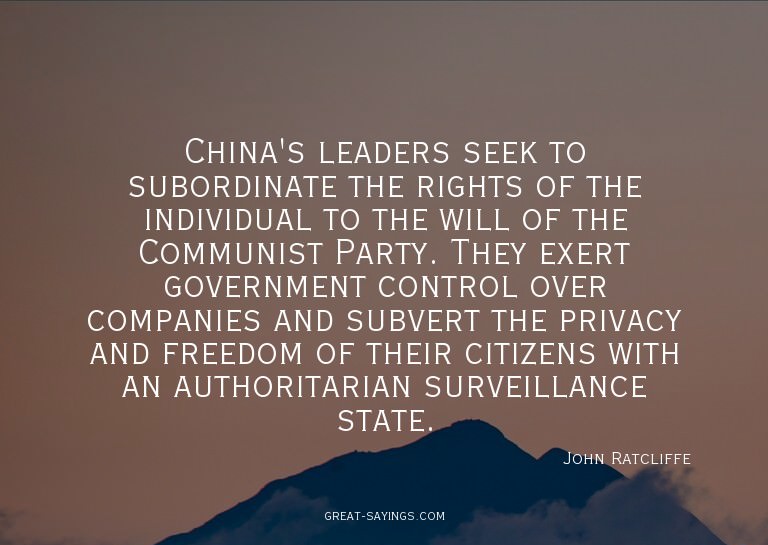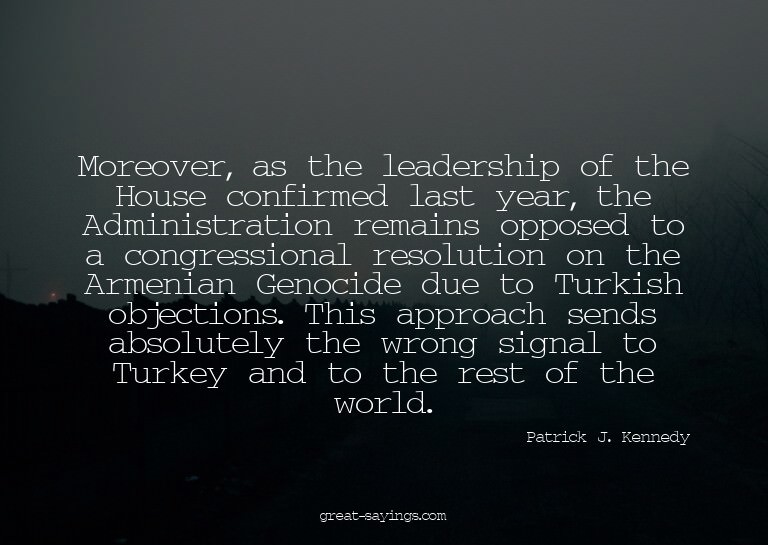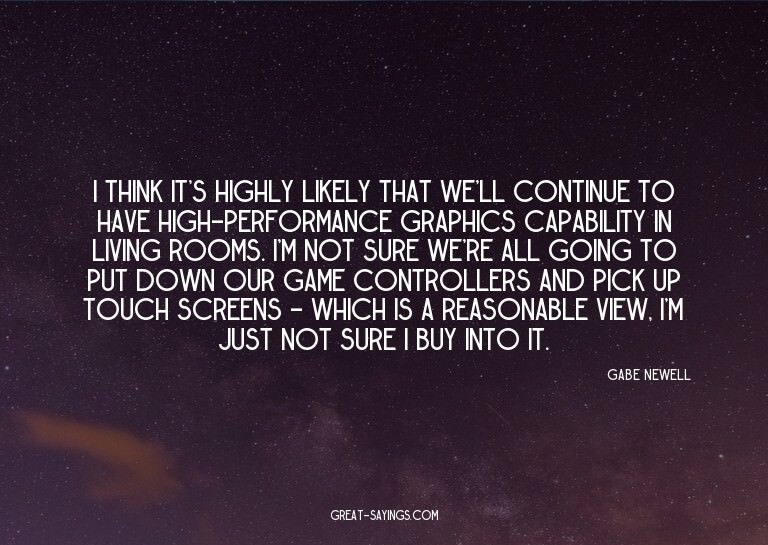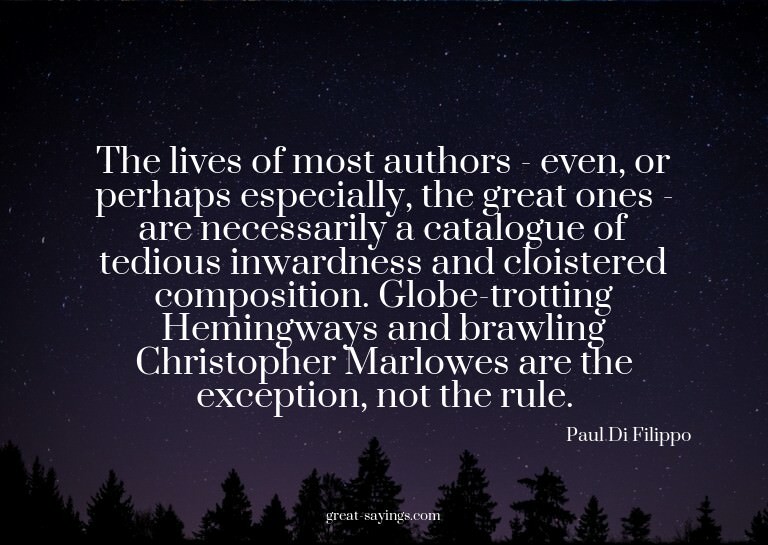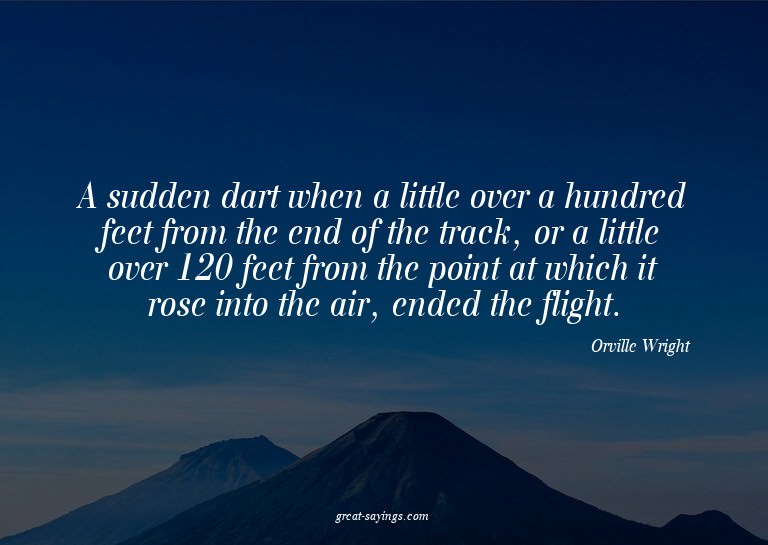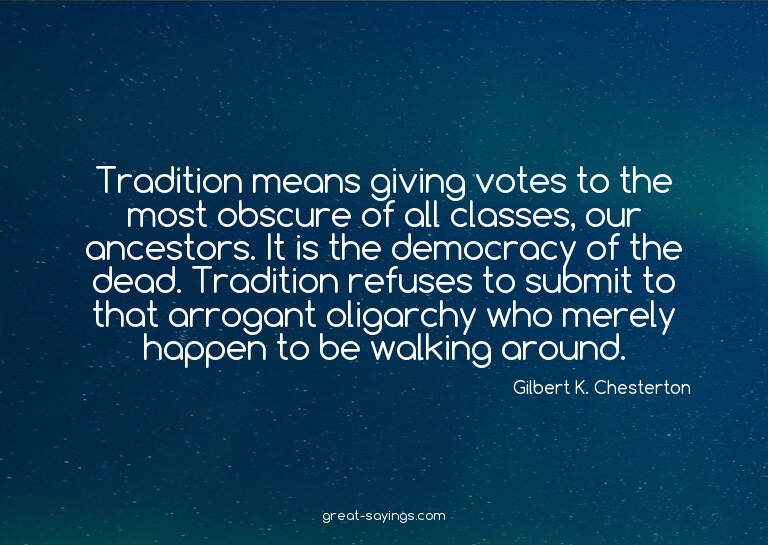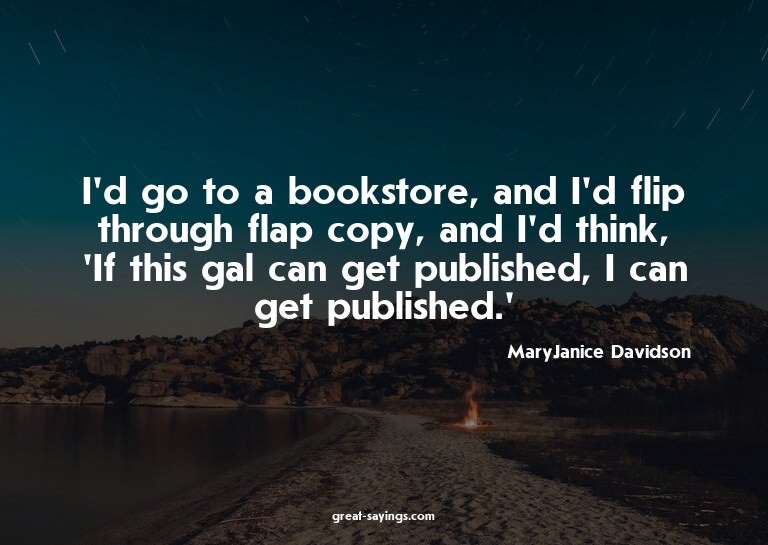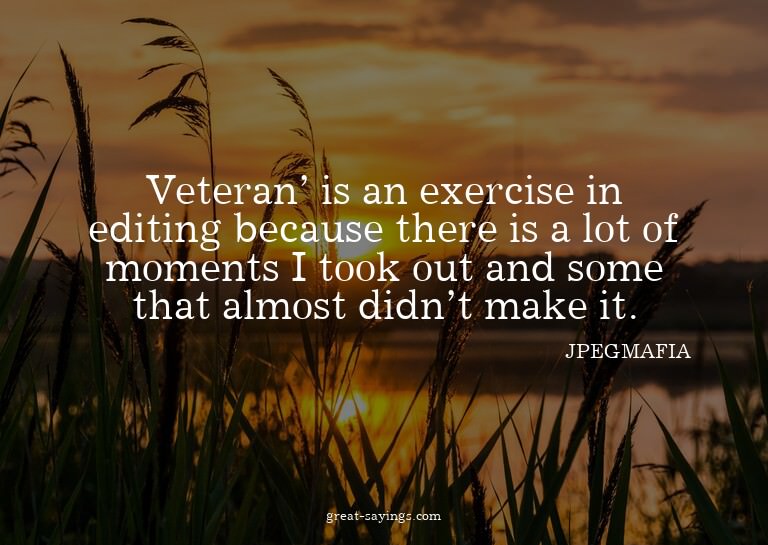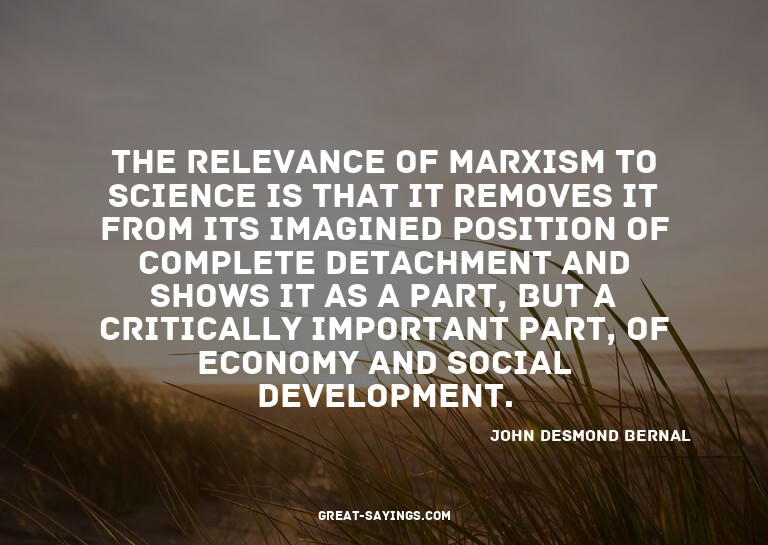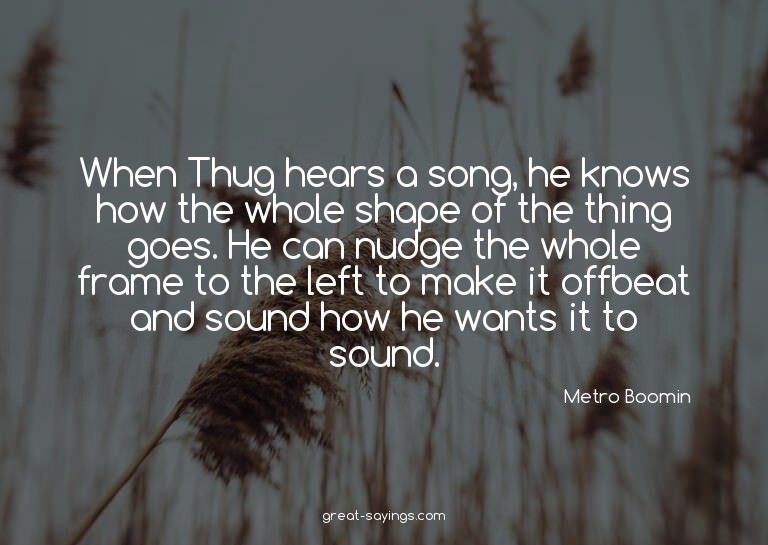Words matter. These are the best Patent Quotes from famous people such as Gordon Gould, Larry Wall, Preston Sturges, George M. Church, Charles Duhigg, and they’re great for sharing with your friends.
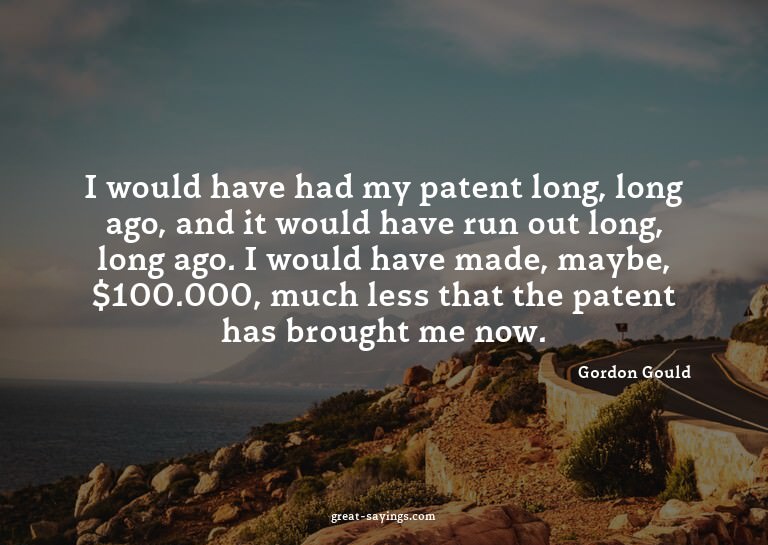
I would have had my patent long, long ago, and it would have run out long, long ago. I would have made, maybe, $100.000, much less that the patent has brought me now.
I think software patents are a bad idea. Many patents are given for trivial inventions.
The United States owes a great debt to its inventors. Far from being grateful to them, it places every obstruction in their way and makes it enormously difficult to secure a patent.
Most groups patent ways of using genetic discoveries as part of non-obvious diagnostic and therapeutic protocols and slightly or greatly altered genes.
It almost goes without saying that when you are a startup, one of the first things you do is you start setting aside money to defend yourself from patent lawsuits, because any successful company, even moderately successful, is going to get hit by a patent lawsuit from someone who’s just trying to look for a payout.
One of the rookie mistakes first-time entrepreneurs often make is to be too guarded about their idea – in fact, many will actually spend their first $25,000 on patent lawyers without ever fully vetting their product.
Microsoft, Apple, Facebook all bought huge patent portfolios to further their strategic game. They’re doing what I’m doing!
‘Product life’ is measured in months, not years, and as soon as you introduce a ‘product,’ understand that others in your business are going to reverse engineer it to duplicate the results after they circumnavigate the patents, the trademarks, and the intellectual property.
Patent monopoly creates a lot of problems. It allows the patentee to charge the maximum to consumers. This may not be a problem if the patented product is a luxury item, like parts that go into a smartphone, but can violate basic human rights if it involves things such as life-saving drugs.
The licensing business is about licensing the full portfolio of Qualcomm’s patents. Some of them involve the chip. Some of them don’t involve the chip. In fact, the vast majority of them don’t involve the chip.
If you patent a discovery which is unique, say a human gene or even just one particular function of a human gene, then you are actually creating a monopoly, and that’s not the purpose of the world of patents.
My very first publication was an estimator – this was a statistical procedure – a kind of invention. My father got a patent and started a business; it wasn’t successful, but maybe I have some of him in me.
There are no patents in finance.
People are getting patents on things that are too general.
Patents have a place in medical science – for new inventions that advance the state of knowledge.
We think we have solved the mystery of creation. Maybe we should patent the universe and charge everyone royalties for their existence.
Patents have long served as a fundamental cog in the American machine, cherished in our national soul.
In the early days of the software industry, people cared about copyright and didn’t give a damn about patents – they copied each other willy-nilly.
When MC Hammer came out, I was wearing parachute pants and patent leather shoes and a high top fade with a blonde streak in it like Kwame.
It is a most extraordinary thing, but I never read a patent medicine advertisement without being impelled to the conclusion that I am suffering from the particular disease therein dealt with in its most virulent form.
Patenting tends to get people’s juices flowing when you put the word ‘gene’ and the word ‘patent’ in the same sentence. And understandably so. This is stuff we’re carrying around – all of us – inside all of our cells. Should somebody be able to lay claim to it?
The payment made by a manufacturer to a patentee for the privilege of using the patent process, is usually termed, in commercial language, a rent; and under the same head must be ranked all extraordinary qualities of body and mind.
Press and Internet freedom correlate against economic and social success, GDP, innovation, number of patents filed, and educational attainment. The more freedom there is, the more information, the more choice, and ultimately, more power for each individual.
Blockchain software companies may end up being amalgamated into existing software giants, at which point blockchain patents will just become part of the existing patent war.
If you look at the world’s top 50 drugs being sold today, they are being marketed and sold by companies that did not invent them. I respect patents. I’ll pay a royalty. But I shouldn’t be denied the right to produce drugs for poor people at reasonable prices.
Except in very narrow cases, where there’s breakthrough science that needs patent production, worrying about competitors is a waste of time. If you can’t out iterate someone who is trying to copy you, you’re toast anyway.
At Mint, we developed five pending patents on our technology, ranging from categorization to the Ways to Save system that calculates how much a new financial product would save a user given their present financial situation.
Our strategy in dealing with patents in Mono is the same strategy that any other software developer would take. In the event of a patent claim, we will try to find prior art to the claim of the patent.
Making money from enforcing patents is no more wrong than investing in preferred stock.
Now Stan and I were still working in secret at that time but, because of this development, we had to inform the University of Utah because we thought that they might need to take patent protection.
Like patents – which also seek to protect the little guy – unions were started for all the right reasons. But like patents, they can be twisted into something that hurts innovation, competition, and ultimately consumers and the country as a whole.
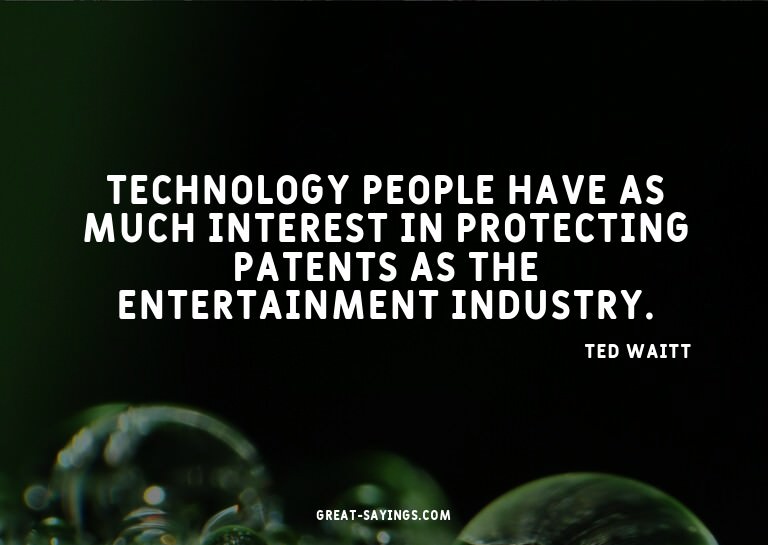
Technology people have as much interest in protecting patents as the entertainment industry.
The regulatory approach of the Food and Drug Administration and the Patent and Trademark Office has driven up the costs of generic drugs.
Every piece of software written today is likely going to infringe on someone else’s patent.
In 1854 I took out a patent for puddling iron by means of steam.
When we began Qualcomm, it had become quite clear that it was very important to patent new ideas.
If people don’t get paid for their inventions, that’s not a good thing. In the case of many patents, there are people who aren’t in a position to take them to the next level. If you don’t enforce your rights, no one is going to enforce them for you.
With the rise of software patents, engineers coding new stuff – whether within a large software company or as kids writing smartphone apps – are exposed to a claim that somewhere a prior patent is being infringed.
I decry the current tendency to seek patents on algorithms. There are better ways to earn a living than to prevent other people from making use of one’s contributions to computer science.
This is the patent age of new inventions for killing bodies, and for saving souls. All propagated with the best intentions.
I spent much of my life dying for somebody to help me even file for a patent or make a prototype. I understand that.
I have found that every family has a strange remedy for any situation – from ‘Use Fantastic to get the scuff off your patent leather shoes!’ to ‘Soak an aspirin in a glass of water to get rid of a migraine.’
In my opinion nobody owns the patent on the art form of professional wrestling and the way it does its business.
Did you know that Kodak actually invented the digital camera that ultimately put it out of business? Kodak had the patents and a head start, but ignored all that.
Some big pharmaceutical companies have engaged in dirty tricks to extend their patents, holding monopolies on certain drugs to pad their profits at consumers’ expense.
I’ve never filed a patent lawsuit. I hope never to file a patent lawsuit. That may be unrealistic, but it would be great if I could avoid doing it… Lawsuits are a ridiculous way to do business.
Sure, President Bush can say that the U.S. government won’t fund stem cell research, but believe me, Japan is applauding. Because they will just do it first and get all the patents.
Documenting and recording paperwork, managing services like passport renewals, and processing patent applications are practices that could all be dramatically improved with robotic automation.
I am explicitly not opening the giant can of worms that is the ongoing current discussion of patent, copyright, and trademark reform.
Patents are being used to wage war in the digital world, and as a result, patents have become a toll gate on the road of innovation.

